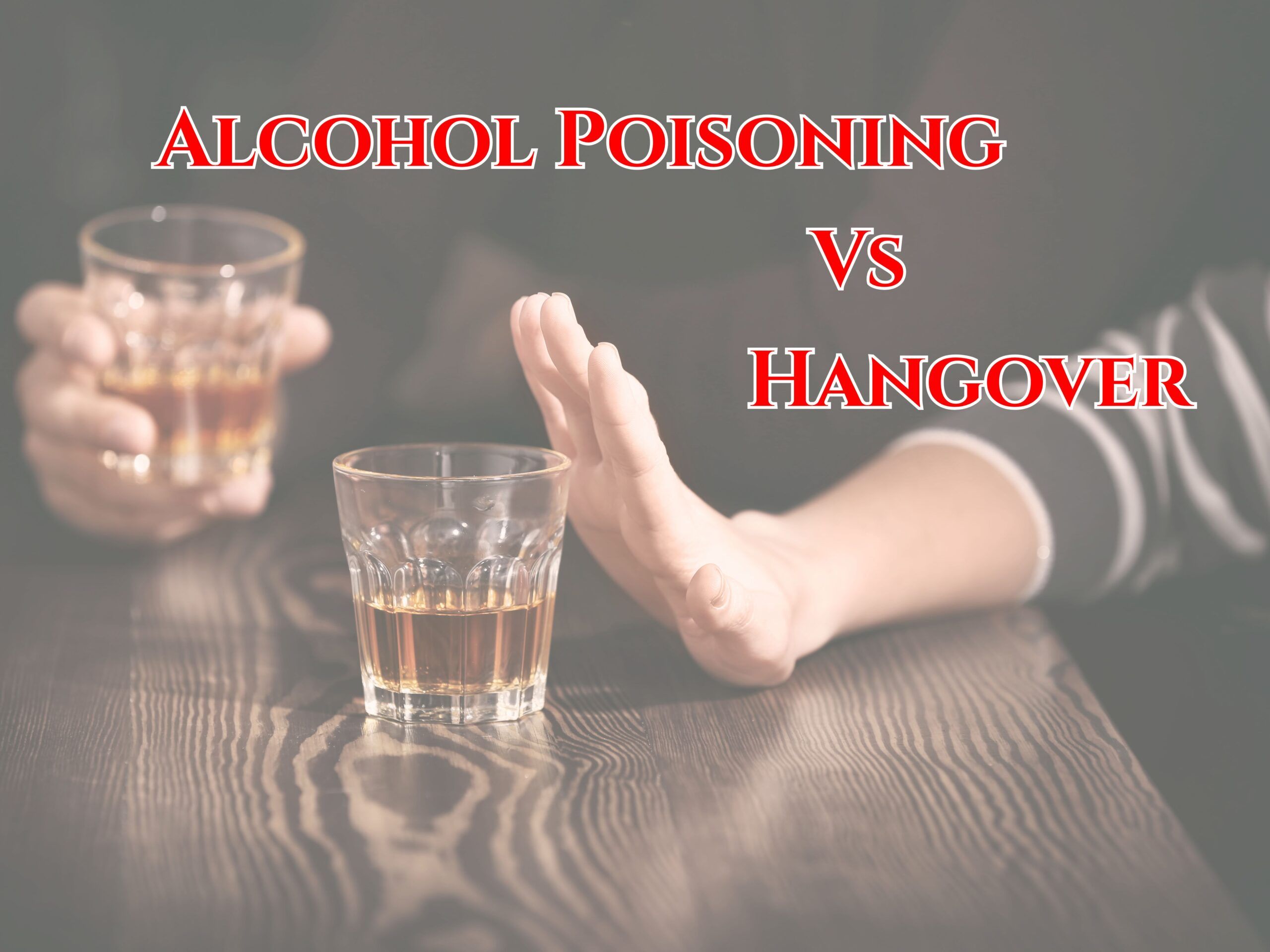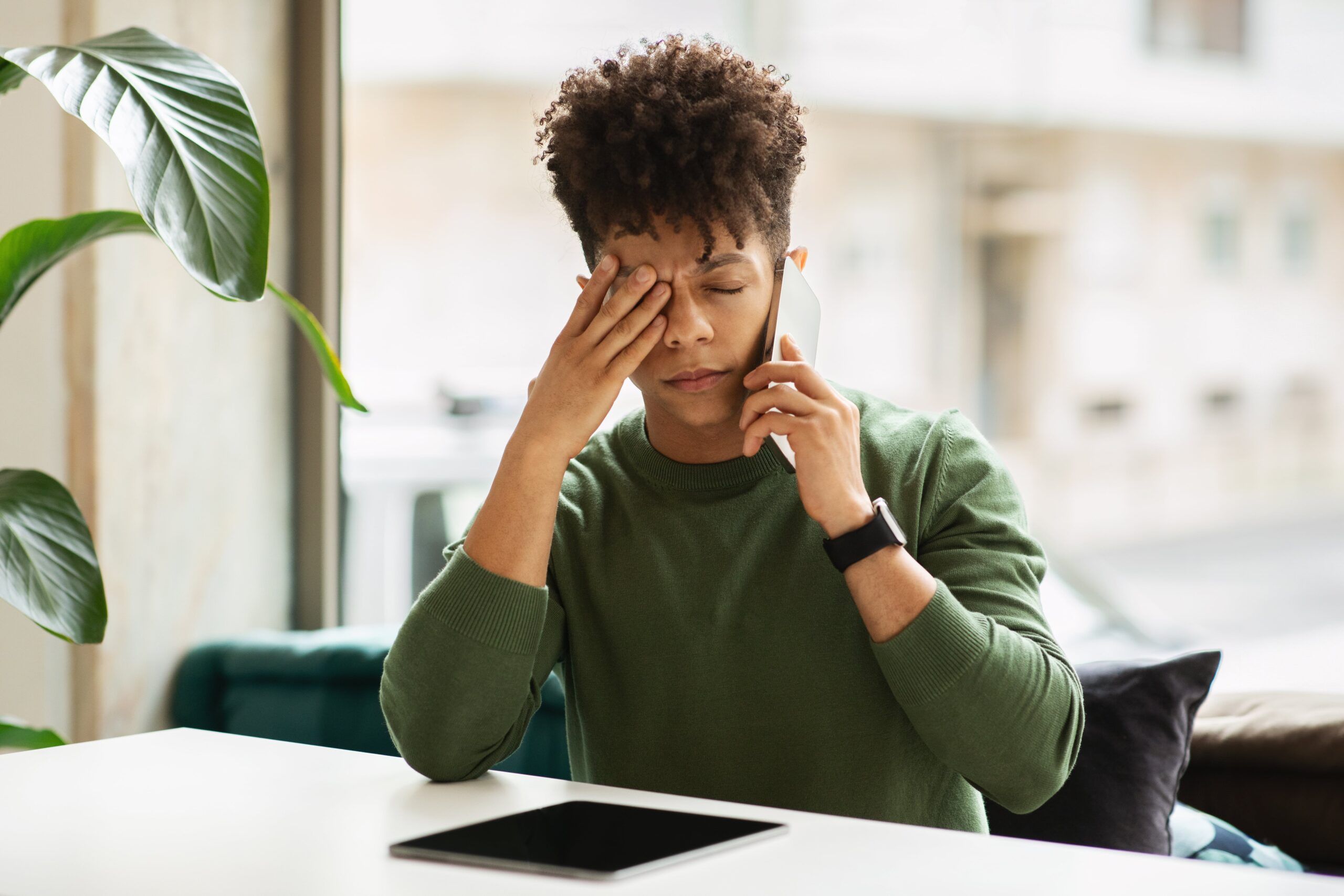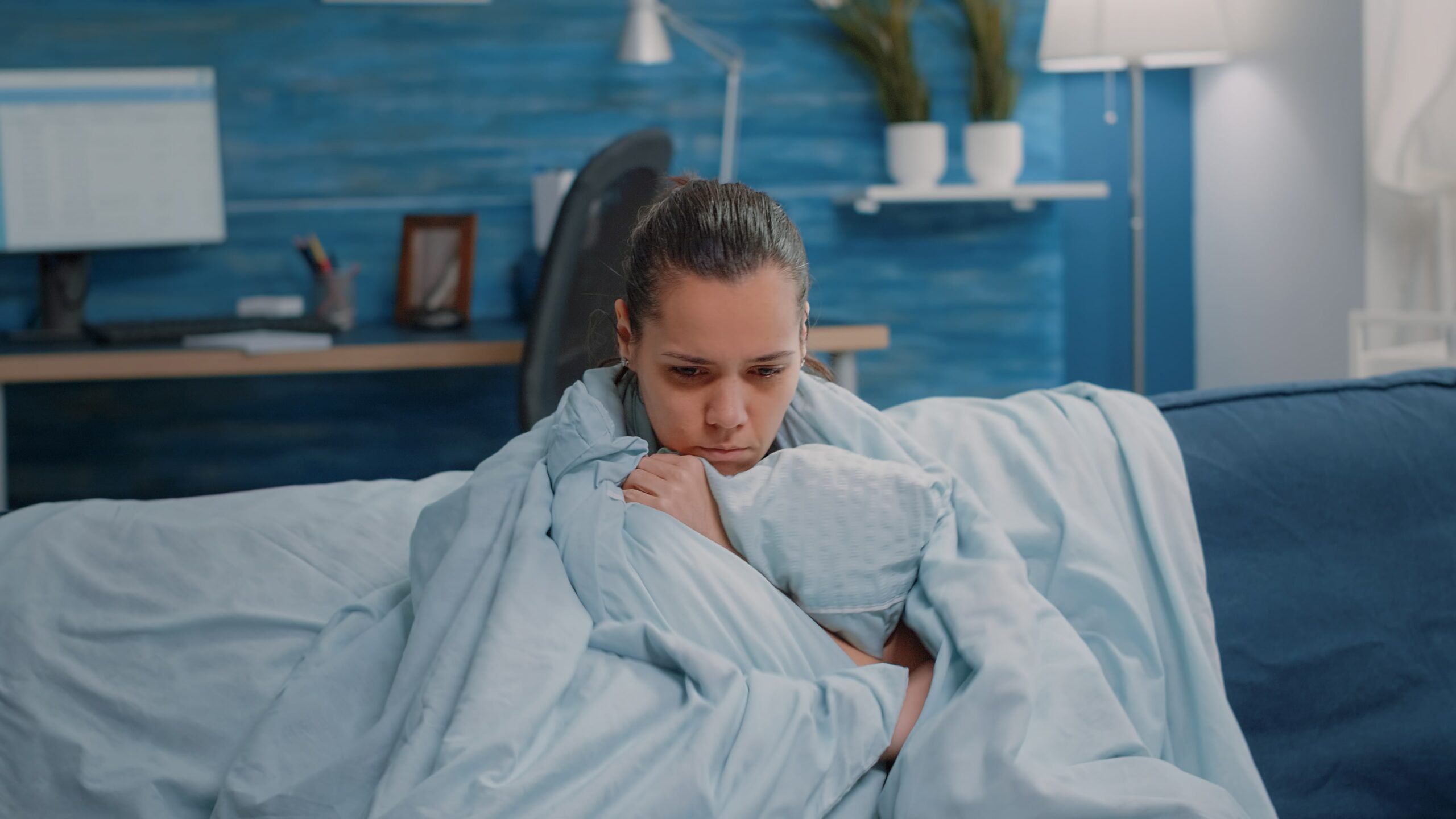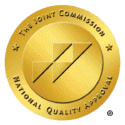How Does Alcohol Affect Your Period (Menstrual Cycle)?
Drinking alcohol regularly has various risks that can impact different areas of the body, cause high blood pressure, and increase risks of heart disease, high blood pressure, and stroke. Some people can also be at risk of developing alcohol dependence, which can lead to alcohol addiction. For women, drinking alcohol while on their menstrual cycle has all of these same risks, as well as affecting hormonal levels, which have different impacts on the reproductive system. Understanding how alcohol does affect your period and menstrual cycle can help you make wise choices when it comes to drinking.
What Is a Menstrual Cycle (Period)?
A menstrual cycle is the cycle most women experience that ranges between 21 and 35 days. Many people refer to this cycle as a period, but that is only part of the cycle, where women experience menstrual bleeding for three to seven days. The entire menstrual cycle goes through different stages, starting with a period as follows:
- Menstruation: This stage, often called the period, is when the uterine lining starts to shed and menstrual bleeding begins as estrogen and progesterone levels decrease.
- Follicular stage: After a woman’s period ends, she enters the follicular stage, where the lining of the uterus starts to thicken. While the lining begins to thicken in the ovaries, hormones cause follicles to grow, where at least one follicle will produce a mature egg.
- Ovulation: About 14 days into the menstrual cycle, luteinizing hormone levels increase, causing the ovary to release the mature egg.
- Luteal stage: The mature egg will travel down through the fallopian tubes and into the uterus. Estrogen and progesterone levels start to increase in case the woman becomes pregnant. If a sperm fertilizes the egg, it attaches to the wall of the uterus. If the egg is not fertilized, the menstrual cycle starts over with another period.
How Does a Menstrual Cycle Work?
A menstrual cycle works through the variation in the release of different hormones and their fluctuating levels over the entire cycle. Anything that affects and influences hormonal levels can have direct impacts on the menstrual cycle, including alcohol.
Does Alcohol Affect Your Period?
Alcohol can affect your period by causing hormonal imbalances, depending on the amount you drink. Alcohol can cause fluctuations in testosterone, luteinizing, and estrogen levels. For example, when someone binge drinks frequently, it causes a huge increase in estrogen levels. Other effects often include:
- Worsening of symptoms: Menstrual symptoms can worsen from drinking alcohol during menstruation. Some women notice their cramps and bloating become more severe. Other women might experience sleep disturbances and more frequent mood swings.
- Dehydration: Alcohol is a diuretic and causes dehydration for everyone. For women on their period, dehydration can worsen cramping and bloating and cause menstrual blood to thicken.
- Heavier period: Another common effect of alcohol on the menstration cycle is causing heavier bleeding.
How Does Alcohol Affect Your Period?
How alcohol does affect your period is based on your alcohol use. The impacts on a woman’s period differ from one woman to another. Some women will experience irregular menstrual cycles, while others may notice their period stops entirely as estrogen and testosterone levels increase.
Other hormonal imbalances in the body also occur as a result of drinking, including fluctuations in luteinizing, androgen, and progesterone hormones. These fluctuations can have an impact on the different stages of the entire menstrual cycle.
How Long Can Alcohol Delay Your Period?
The delay on your period from alcohol will vary from individual to individual, based on factors such as one’s overall general health, metabolism rate, and amount and frequency of alcohol use. Some women may notice their cycles become irregular or even stop, while others may notice no changes at all. Other women’s periods may become heavier, and cramping and bloating worsen.
What Can I Drink During My Menstrual Cycle?
Since the menstrual cycle runs continuously, it is best to limit your alcohol intake and drink in moderation. According to the NIH, this translates to one drink or less per day and not more than seven drinks per week for women.
During your period, you should avoid alcohol entirely because it disrupts the normal hormonal changes occurring in the body. IF you feel the need to drink during your period, consider drinking mocktails instead. Many women also find that drinking mocktails during their period helps them avoid the peer pressure of being forced to drink alcohol.
The Connection Between Alcohol and Periods
Consuming alcohol during your period can have different effects based on the amount drunk and frequency, such as:
- Irregular menstrual cycles
- Period symptoms worsen
- Periods become heavier
- Periods to stop entirely
- Spotting occurs after drinking outside periods
- Excessive thickening of the uterine lining
- Frequent hormonal imbalances
The Connection Between Alcohol Use Disorder (AUD) and Periods
For women struggling with AUD, their menstrual cycles can be all over the place. One month, they may experience more intense symptoms with excessive bleeding. Another month, they miss their period entirely. Some women even experience amenorrhea (the absence of periods) for several months or longer. Additionally, alcohol addiction in women increases the risk of infertility.
Contact Sanctuary Treatment Center for Help
If you have an unhealthy relationship with alcohol and are noticing its impacts on your periods and menstrual cycle, help is available in Los Angeles at Sanctuary Treatment Center. Our caring and supportive team provides comprehensive, personalized care plans in a comfortable setting to help you overcome your alcohol dependence and addiction. Contact us today to schedule an initial consultation and take the first steps to a brighter future.
Published: 5/5/2025












